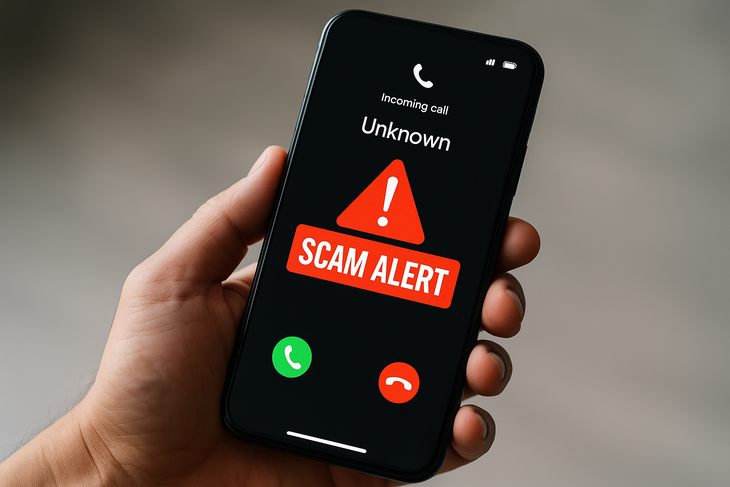
Many calls impersonating banks, police, and electricity companies to defraud and appropriate property, users need to be vigilant
Recently, authorities have been continuously issuing warnings about calls impersonating banks, police, electricity companies... to steal people's money. Below is detailed information you need to know immediately to protect yourself and your loved ones.
The trick of "increasing credit card limit"
The trick of impersonating Vietcombank employees to "increase credit scores" is becoming one of the most popular fraud methods today.
The subject calls customers with convincing words, notifying that "your account has a problem" or "your credit card limit has been increased", creating a sense of urgency that makes the victim lose their guard.
They then ask listeners to provide a series of security information such as OTP code, Internet Banking password, card number, citizen ID photo, and even instructions on installing an application impersonating a bank to easily take control of the account.
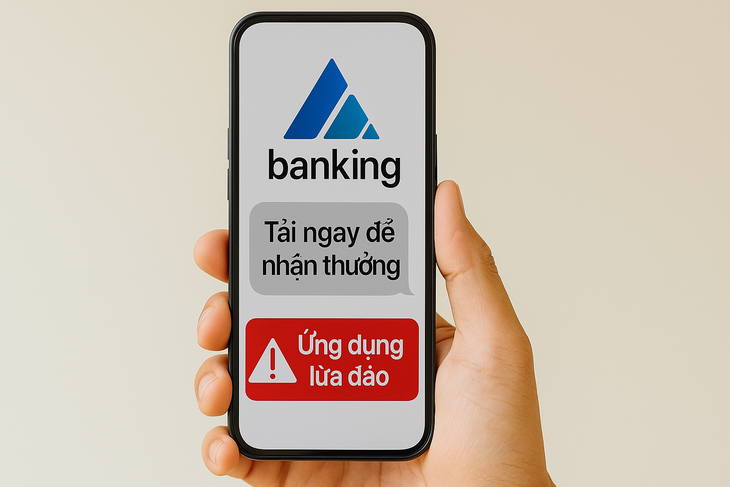
Fake bank application.
According to warnings from authorities, the phone numbers commonly used in this scam include: 0236 688 8766, 0248 886 0469, 02888 865 154, 1900 355 561 and 02886 895 963. Just one minute of lack of vigilance can cause users to lose all the money in their account.
Experts recommend that Vietcombank and other banks never ask customers to provide OTP, password or install applications outside the official system. Therefore, everyone needs to be absolutely vigilant, not follow any requests from strange phone numbers and should verify information through the official switchboard before making any transactions.
Threatening to "get caught in drug and money laundering cases"
The trick of impersonating police to threaten to get caught is becoming one of the most sophisticated and dangerous scam scenarios today.
The subjects often call the victims, claiming to be police investigators, in a serious tone, informing them that the listener is involved in a major case such as "money laundering", "drug trafficking" or "fraudulent appropriation of property".
They repeatedly emphasized the serious legal consequences, even threatening to prosecute and arrest if they did not cooperate. In a state of panic, many people followed the scammers' requests, transferring money to "bail deposit" accounts or "investigation fee" accounts to prove their innocence.
Notably, this group of scammers often uses familiar, easily confusing phone numbers such as 0833 109 259 and 0853 975 728 , making victims believe that this is a real call.
The police agency affirmed that it never works or requests money transfers over the phone , and at the same time recommends that people absolutely do not provide personal information, do not transfer money according to any request from a strange number, and must immediately contact the official hotline or go to the nearest police headquarters when receiving suspicious calls.
"Owe electricity bill, about to have power cut off"
The trick of impersonating electricity employees to collect electricity bills is becoming a new "trap" that many people accidentally fall into. Scammers often call in an urgent tone, saying "you still owe electricity bills, you need to pay immediately to avoid power outages", preying on the anxiety of users, especially households and businesses.
When the victim is confused, they quickly instruct them to install a "fake" payment application or send a fake link that installs malware to take control of the phone, steal personal information and bank accounts.
Notably, the subjects often use familiar phone numbers to create trust such as 0889 050 231 and 0917 896 904 .
Authorities confirmed that the electricity industry never asks customers to pay via strange links or install applications outside the official system.
People are advised to absolutely not provide sensitive information, not access suspicious links and must verify information directly through the customer care hotline or the official website of the electricity company before making any transactions.
Common points of scam calls
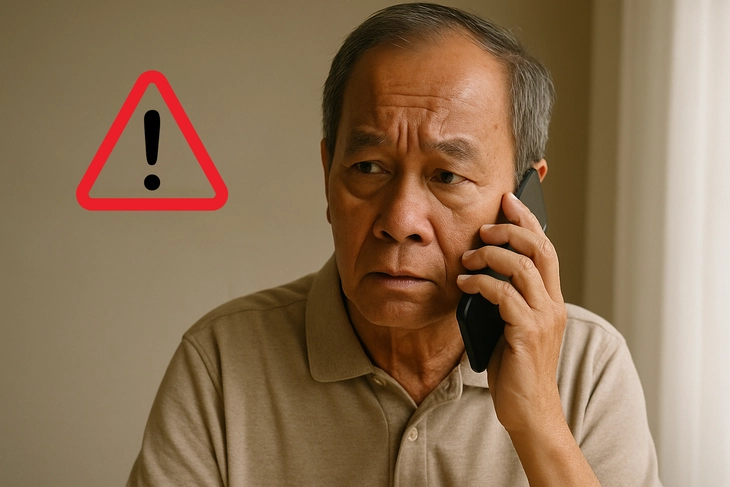
Should know how to recognize and avoid scam calls.
Scam calls are increasingly sophisticated with many notable similarities, making it easy for victims to fall into traps if they are not vigilant. First of all, they often use local phone numbers such as 028… 0236… to create a sense of familiarity and trust.
Another trick is to make a prank call, causing the listener to curiously call back an international number (+xxx), resulting in extremely high charges.
Cybercriminals also take advantage of artificial voice technology (AI) and deepfake techniques to create realistic voice clips, fooling listeners into thinking they are talking to bank employees, police officers or government agencies.
The most common scenario they use is to play on panic: threatening the victim with being involved in a serious case or having their account locked, forcing them to follow instructions immediately to avoid serious "consequences". The combination of modern technology and psychological tricks makes many people lose their guard, leading to the consequence of losing money unjustly.
How to avoid falling into the trap?
To avoid becoming a victim of sophisticated scam calls, experts recommend that people follow some important principles.
First of all, always be vigilant when receiving calls from unknown numbers, especially those with a "+" or "00" at the beginning, as these are often international numbers that are at risk of incurring high charges or are associated with scams.
Absolutely do not provide any sensitive information such as OTP code, bank password, card number or citizen ID photo over the phone, because banks, police or electricity industry never ask for this information.
People should also avoid downloading and installing applications from strange links provided by the subject. When receiving a suspicious call, quickly verify by looking up the phone number on Google or contacting the official switchboard of the bank or electricity company directly to check the information.
In addition, if a call shows signs of fraud, people should immediately block the number, report it to the network operator's 5656 or 156 number and provide information and call recordings to local police for timely handling.
In the context of increasingly sophisticated cybercrime, the most important thing is to always stay calm and not rush to carry out any requests over the phone without clear verification. Remember the principle: Calm - Verify - Absolutely do not transfer money when not sure.
At the same time, don't forget to share warning information with relatives, especially the elderly or those with little exposure to technology, to raise awareness and prevent risks together.
Source: https://tuoitre.vn/canh-bao-8-cuoc-goi-khong-nen-nghe-de-mat-tien-oan-20250716104043436.htm



![[Photo] Marching together in the hearts of the people](https://vphoto.vietnam.vn/thumb/1200x675/vietnam/resource/IMAGE/2025/8/31/8b778f9202e54a60919734e6f1d938c3)


![[Photo] General Secretary To Lam receives Chairman of the National People's Congress of China Zhao Leji](https://vphoto.vietnam.vn/thumb/1200x675/vietnam/resource/IMAGE/2025/8/31/5af9b8d4ba2143348afe1c7ce6b7fa04)

![[Photo] National Assembly Chairman Tran Thanh Man welcomes and holds talks with Chairman of the National People's Congress of China Zhao Leji](https://vphoto.vietnam.vn/thumb/1200x675/vietnam/resource/IMAGE/2025/8/31/9fa5b4d3f67d450682c03d35cabba711)
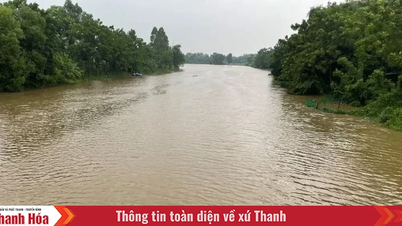

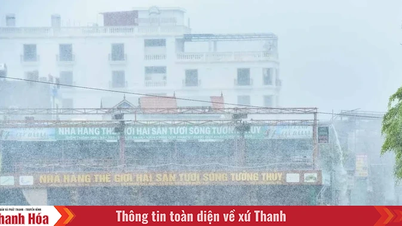
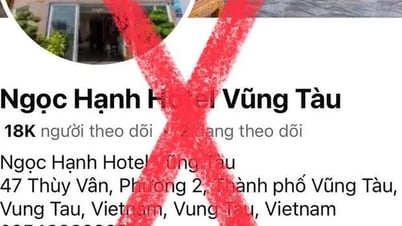


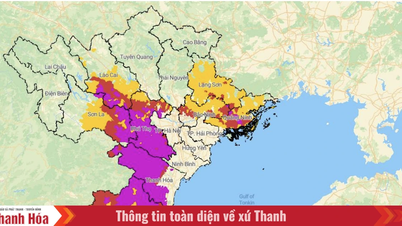
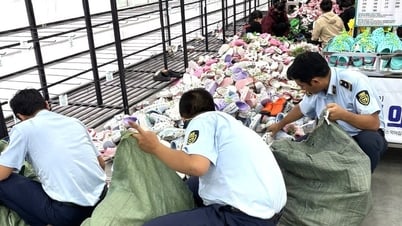

















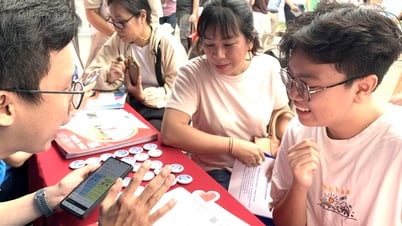









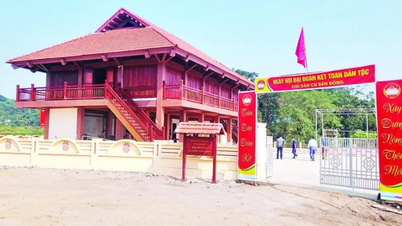






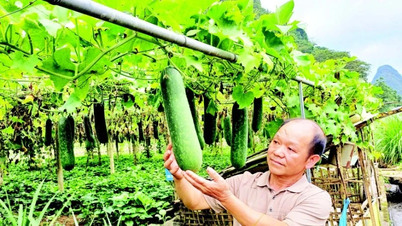


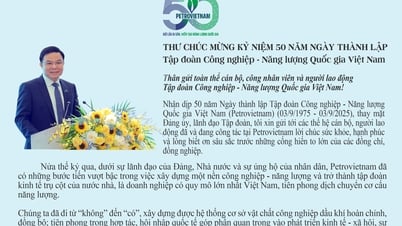























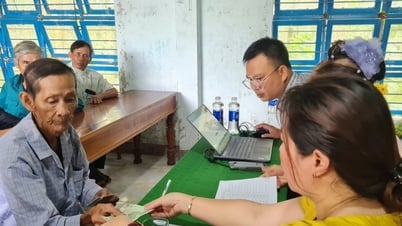

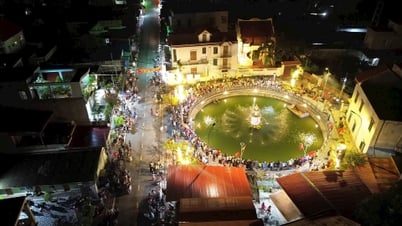

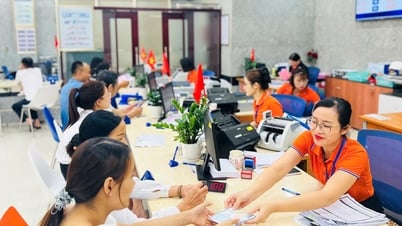
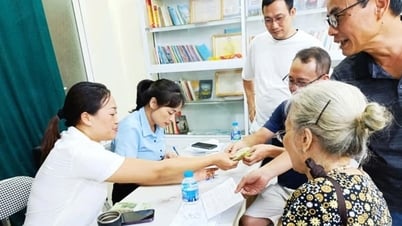

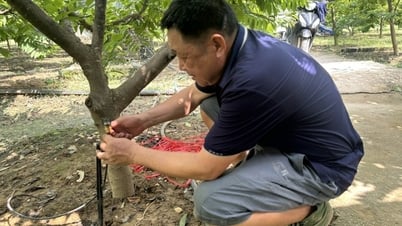

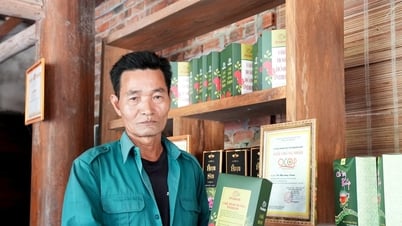
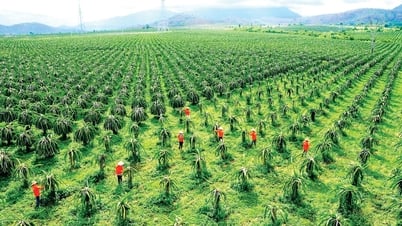








Comment (0)